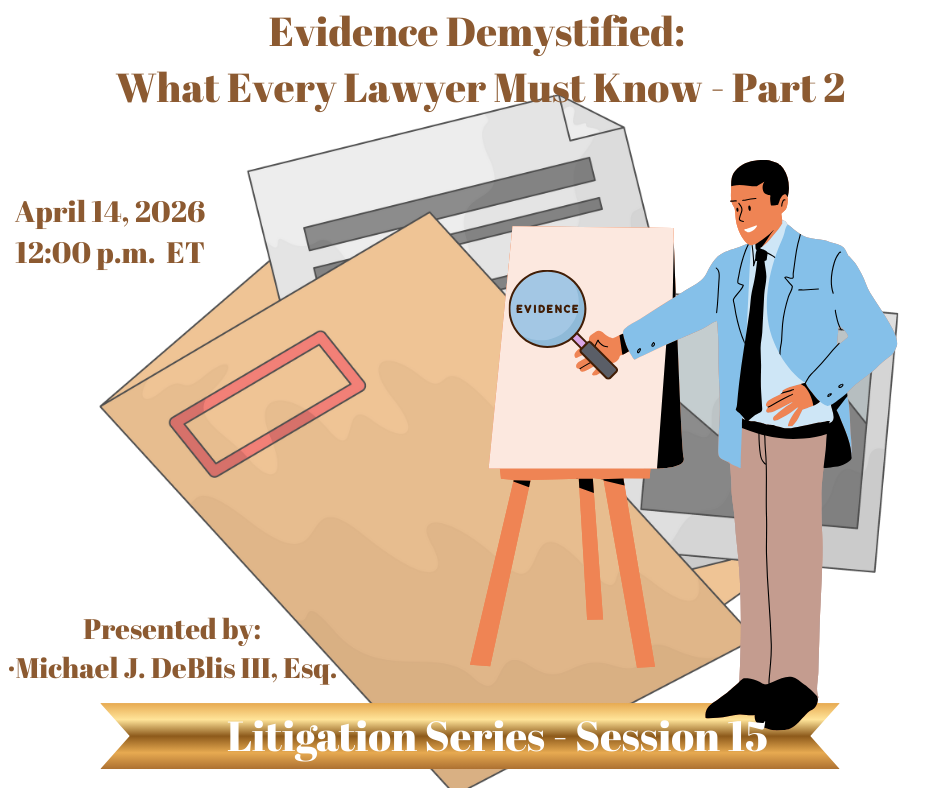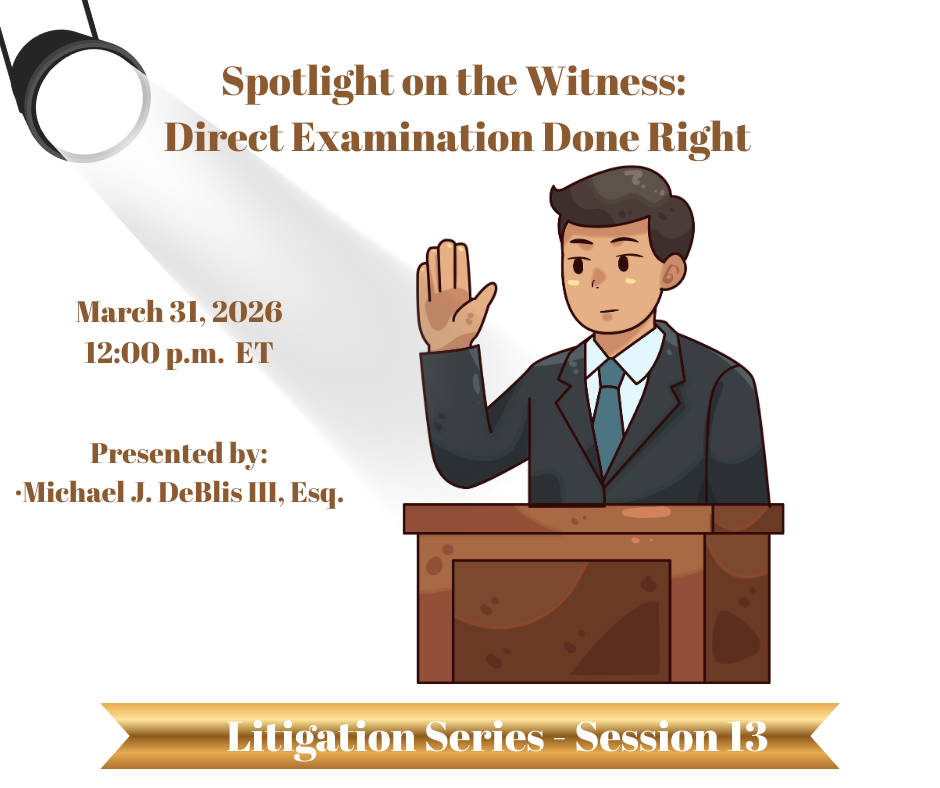
Exciting new series on “Voice, Body and Movement for Lawyers – How to connect with the jury and find Justice Through Dramatic Technique!”
Click here to find out more
Part 1 of 2 - This program examines the intersection of AI ethics and legal responsibility, focusing on moral principles such as fairness, accountability, and non-maleficence; the integration of human values including privacy, autonomy, and inclusivity; and the critical role of multidisciplinary collaboration in developing ethical AI practices. Attendees will learn actionable strategies for conducting ethical audits, implementing transparent AI systems, thereby mitigating risk while enhancing client trust and competitive advantage.
Learning Objectives for Attorneys:
• Understand the concept of ethical audits and bias mitigation.
• Learn strategies for implementing transparency and accountability in AI.
• Gain insight into interdisciplinary approaches and current legal frameworks governing AI.
• Review the application of ABA ethical standards in AI deployment.

This session highlights the legal and compliance implications of divergences between GAAP and IFRS. ...

In the rapidly evolving landscape of employment law, arbitration agreements have become a cornerston...

This CLE program covers the most recent changes affecting IRS information reporting, with emphasis o...

Attorneys are judged every time they speak—in client meetings, depositions, hearings, negotiat...

Attorneys will receive a comparative analysis of GAAP and IFRS with emphasis on cross-border legal c...

Evidence Demystified Part 2 covers key concepts in the law of evidence, focusing on witnesses, credi...

Attorneys hopefully recognize that, like many other professionals, their lives are filled to the bri...

Recent studies have shown that there has been a dramatic increase in impairment due to alcoholism, a...

Many lawyers may not fully understand the Bar rules and ethical considerations regarding client repr...

The direct examination presentation outlines how attorneys can elicit truthful, credible testimony w...